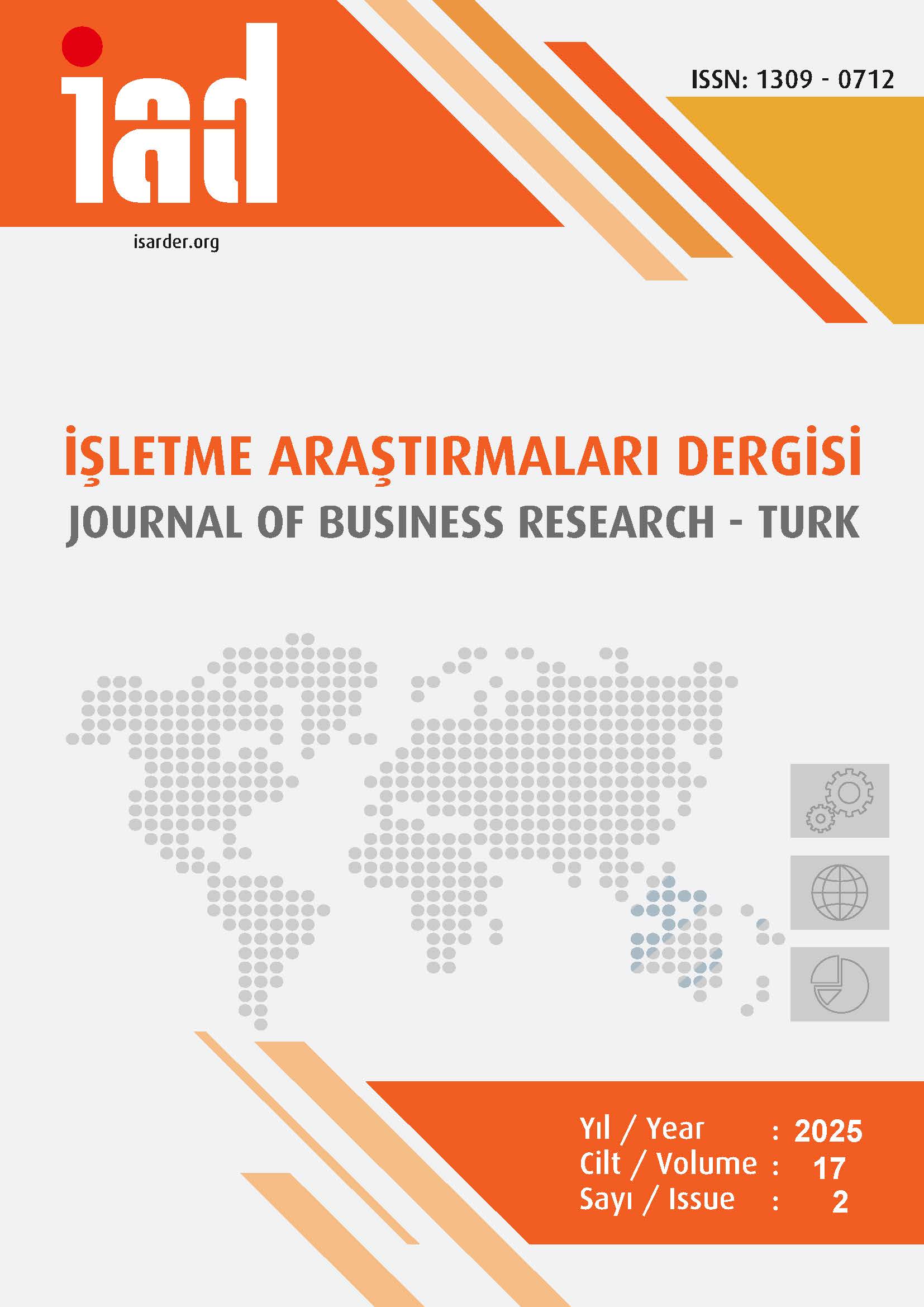Accounting Policy Choices of Companies Traded in BIST 100 Index and Analysis of Factors Affecting Their Choices
DOI:
https://doi.org/10.20491/isarder.2025.2028Keywords:
Accounting Policies, Factors Affecting AccountingAbstract
Purpose – The aim of the research is to determine the sectoral accounting policy preferences of businesses included in the BIST 100 Index and to analyze the factors influencing these preferences with new variables. Design/methodology/approach – The study utilized the consolidated financial statements and independent audit reports of businesses in the BIST 100 Index dated December 31, 2021. Frequency analysis was employed to identify the accounting policies preferred by the companies, while Logistic Regression Analysis was used to analyze the factors affecting these preferences. Findings – It was determined that the accounting policies preferred by businesses in the presentation of the comprehensive income statement, classification of interest income, subsequent measurements of tangible fixed assets, and valuation of investment properties exhibited sectoral differences. Additionally, it was found that companies with higher profitability were more likely to choose income-increasing accounting policies. Discussion – The transition of companies from income-decreasing policies to income-increasing policies over time can be associated with factors such as the adaptation of businesses to different economic conditions, the need for funding for growth and attracting investors, and efforts to establish trust in the market. Furthermore, it can be observed that company managers may prefer income-increasing accounting policies to provide returns based on profitability figures or to demonstrate their success, as well as to sustain profitability over time.
Downloads
Published
How to Cite
Issue
Section
License

This work is licensed under a Creative Commons Attribution-NoDerivatives 4.0 International License.





